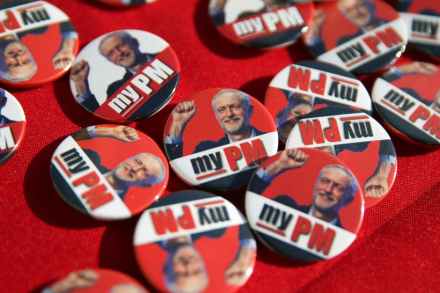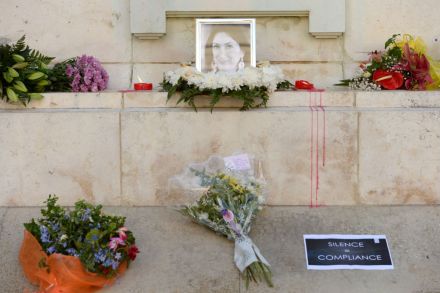Some Tories are far from optimistic about their party’s chances of defeating Corbyn
Sitting next to a former Conservative party bigwig at dinner, I ask if he thinks the Tories will be OK at the next election as long as they deliver a reasonable Brexit. ‘Not a chance,’ he says. ‘We’re totally fucked.’ What, even if May stands down once the deal is done? ‘Even then. The kids want Corbyn. The bloody 30/40-somethings want Corbyn. They don’t care or even understand about all that horrible IRA stuff, or Marxism, or nationalisation. After a couple of years of Corbyn government, they’ll get it. Too late by then. But at least the pendulum will swing back to us three years later.’ This is an extract




















